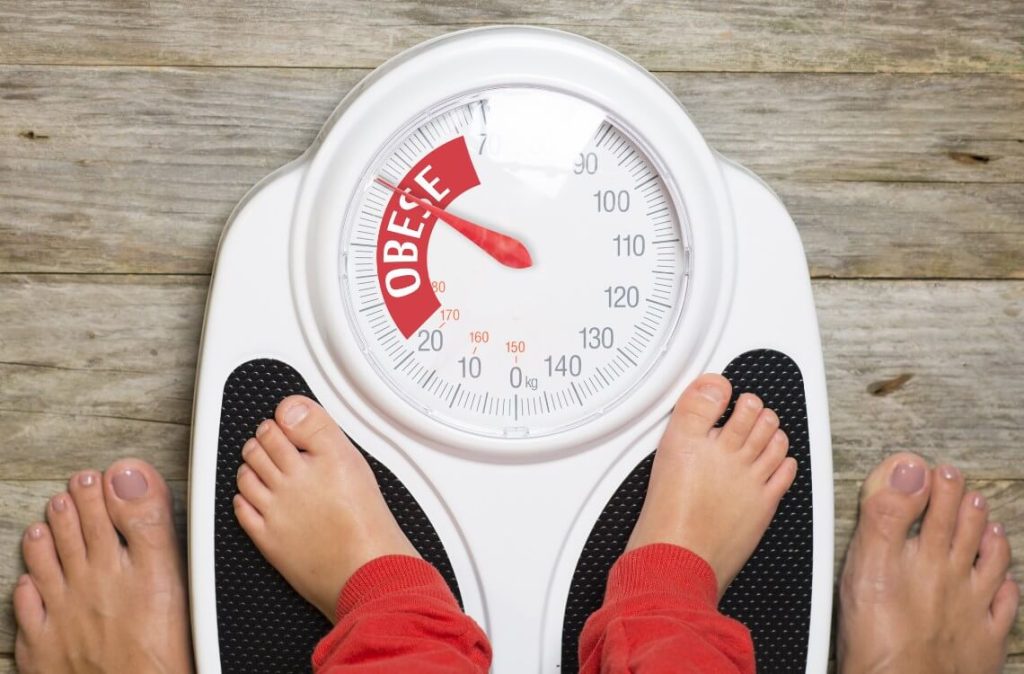Childhood obesity. Parenthood can sometimes feel like navigating a labyrinth, especially when it comes to ensuring your children adopt a healthy lifestyle.
A prominent concern globally, and certainly here in Malaysia, is childhood obesity. Therefore, it’s a potent risk factor for various health problems.
Unchecked weight gain can lead to complications like heart disease and even Type 2 diabetes.
However, don’t let these concerns overshadow your parenting journey.
With the right approach, we can help our children avoid these threats.
Nevertheless, here are ten comprehensive and easy-to-follow tips to help you prevent childhood obesity.
10 Lifesaving Tips for Parents to Combat Childhood Obesity
Balance is Key: Incorporate Variety into the Diet
The first step is to ensure your child’s diet is balanced and varied.
Regularly include different groups of foods in their meals, combining essential nutrients required for their growth and development.
Remember, the allure of fast food might seem like a convenient treat, but its high level of unhealthy fats and sugars contributes to excessive weight gain.
Thus, encourage your child to enjoy natural, whole foods instead, laying the foundation for a lifetime of healthy eating habits.
Encourage Regular Exercise
Strive to include at least an hour of physical activity in your child’s daily routine.
Regular exercise is not just essential for losing weight, but it also cultivates a love for sports and outdoor activities.
An active child is less likely to spend hours a day sitting in front of screens, reducing their likelihood of developing sedentary habits that often contribute to obesity.
Establish Healthy Eating Habits
The importance of regular eating schedules and portion control cannot be overstated.
These simple habits can significantly reduce the chance of overeating, which is crucial in preventing unnecessary weight gain.
Encourage your child to eat at set meal times with carefully portioned plates to ensure they get the right amount of food.
Educate about the Risks of Unhealthy Eating
It’s vital to foster an awareness of the health risks associated with obesity.
Teach your children about the potential threats, such as heart attack and Type 2 diabetes, which can stem from unhealthy eating and sedentary habits.
Providing them with this knowledge will empower them to make wise choices about their health.
Monitor Growth Regularly
Regularly checking your child’s height and weight is integral to tracking their health progress.
Use growth charts to monitor their development and ensure that their growth aligns with the healthy range for their age and height.
A regular health check-up can also help detect any early signs of weight issues, allowing you to take timely action.
Create a Supportive Environment
A supportive home environment promotes healthy living.
This includes stocking the pantry with wholesome, nutrient-dense foods, modelling balanced eating habits, and encouraging everyone in the family to participate in physical activities.
By creating such an environment, you can ensure that your child associates positive experiences with healthy behaviours.
Address Family History
If there’s a family history of obesity, your child may be at a higher risk. Involving your family doctor in your child’s weight management plan is crucial.
They can provide specific advice and strategies, considering your child’s unique risk factors, thereby paving the way for a tailored approach to prevent childhood obesity.
Promote a Positive Body Image
Positive reinforcement can work wonders in encouraging a love for a healthy lifestyle.
Teach your child that fitness is more important than thinness, and inspire them to love and respect their bodies at every growth stage.
By promoting a positive body image, you empower them to seek health and fitness for the right reasons.
Lead by Example
Children are known for imitating adults around them, so set a high standard. Leading a healthy lifestyle, yourself will inspire your children to do the same.
If they see you maintaining a balanced diet, exercising regularly, and enjoying an active lifestyle, they will likely adopt these habits themselves.
Encourage Participation in Decision-Making
Include your child in meal planning and preparation. This involvement can educate them about different foods and their nutritional values and make them more excited about eating healthy meals.
If children feel invested in what they eat, they are less likely to incline towards unhealthy choices like fast food.
Conclusion
Finally, battling childhood obesity requires an approach that extends beyond diet and exercise.
It involves fostering an environment that promotes a love for a healthy lifestyle and shaping positive attitudes towards food and fitness.
These ten tips offer practical steps for parents to impact their children’s health significantly.
Hence, together, we can prevent childhood obesity and create a healthier future for our young ones.
Disclaimer: The information provided in this article is for informational purposes only and should not be considered as medical advice from Motherhood. For any health-related concerns, it is advisable to consult with a qualified healthcare professional or medical practitioner.
For more insightful stories and fun recipes, stay tuned to Motherhood Story!
